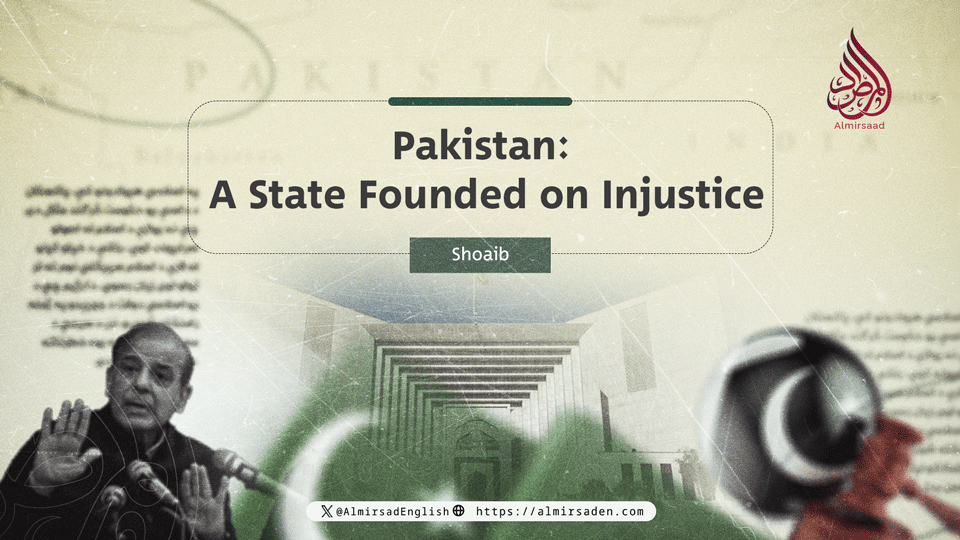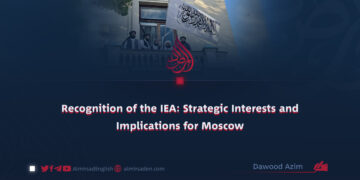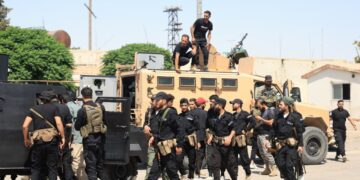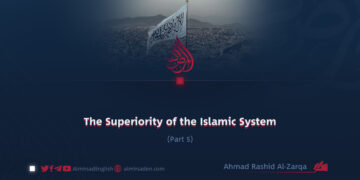By Shoaib
Among the Muslim nations, Pakistan stands as a striking example of a state that has not only strayed from Islamic principles but has also inflicted profound damage on the sacred name of Islam through its actions. A regime born from the promise of establishing an Islamic state has, in practice, become a dangerous adversary to the very Muslims it was meant to serve.
In Islam, governance is a sacred trust. A ruler is bound to uphold justice, defend the oppressed, and protect the rights and dignity of all citizens. Pakistan’s military establishment, however, operates in defiance of these divine obligations. Instead of safeguarding the weak, it has turned into their tormentor, systematically crushing the rights of Baloch, Pashtun, and Kashmiri Muslims. Injustice has become not an exception but a defining policy of the state.
Nowhere is this betrayal more visible than in Balochistan, where the regime’s brutality openly violates Islamic law. The Prophet Muhammad (PBUH) declared, “Each of you is a shepherd and each of you is responsible for his flock.” Yet Pakistan’s rulers have failed in that duty. Through abductions, killings, and enforced disappearances, they have desecrated the Islamic principle of trust and accountability.
Regionally, the regime’s conduct is no less treacherous. Its support for extremist outfits such as Daesh stands as a direct betrayal of the Muslim Ummah. The Holy Qur’an commands: “Hold firmly to the rope of Allah, all together, and do not be divided.” But rather than uniting Muslims, Pakistan’s establishment has fueled sectarianism and discord, undermining the very unity that Islam demands.
Inside the country, the picture reflects the same moral decay. Wealth and power are concentrated in the hands of a corrupt elite made up of military officers and politicians who exploit the state as their private domain, while the vast majority of citizens struggle in poverty. This stark inequality defies the Prophet’s warning: “Every one of you is a guardian, and every one of you will be questioned about those under your care.”
The people of Pakistan now see through the regime’s deception. They know it neither represents Islam nor serves the interests of the Ummah. In truth, it has become an enemy of the faith it invokes to justify its rule. Across the country, popular movements are growing as people awaken to the reality that silence in the face of oppression is itself a sin. The Qur’an calls upon believers: “And let there be [arising] from you a nation inviting to [all that is] good, enjoining what is right and forbidding what is wrong, and those will be the successful.”
Today, inspired by these divine words, the people of Pakistan are beginning to rise against tyranny and corruption. They understand that a true Islamic government must rest upon justice, transparency, and accountability, not coercion, greed, or the concentration of power among a privileged few.
Pakistan’s future depends on the collapse of this corrupt order and the rise of a leadership truly rooted in Islamic values. Only then can the country return to the ideals of its founding and stand as a genuine model of an Islamic state in the Muslim world.


















































